Microsoft Scraps Multiple Data Center Leases: TD Cowen
Overcapacity concerns raise questions about the software giant’s AI forecast.
Gabriel Dorner
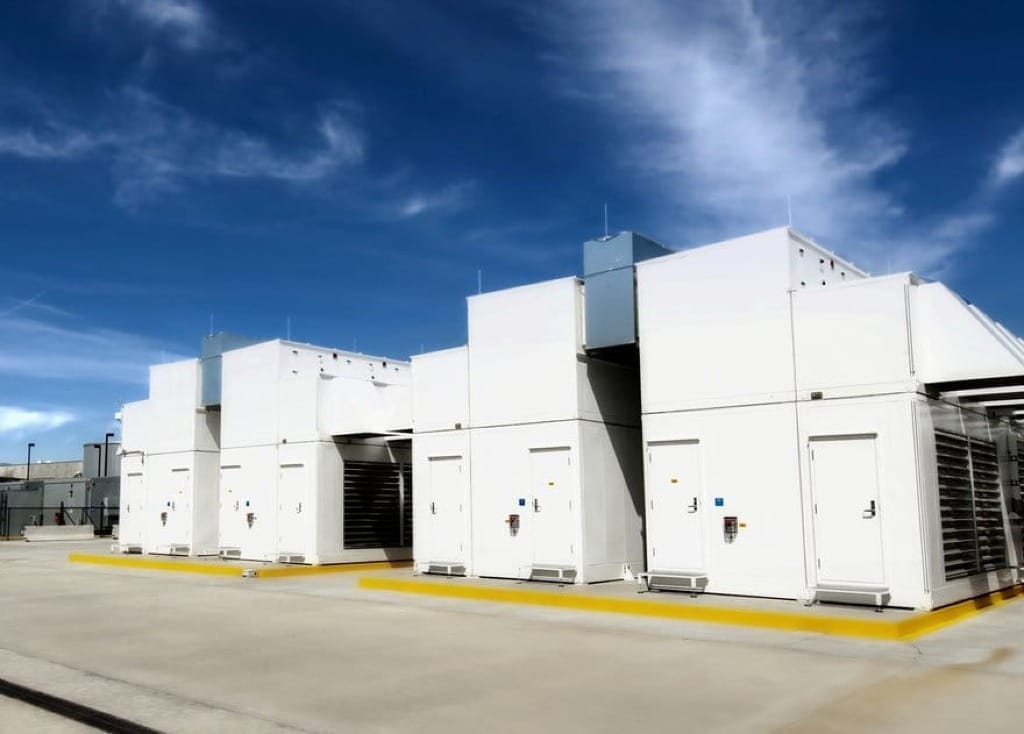
WASHINGTON, Feb 24., 2025 – Microsoft has reportedly canceled several data center leases with U.S. operators, indicating potentially overbuilt infrastructure and unclear demand for AI services.
The canceled contracts totaled a “couple of hundred MWs,” enough to power two large data centers or more than 100,000 homes for one year.
Investment bank and brokerage firm TD Cowen discovered Microsoft’s move last Friday but said the exact reason for the terminations was unknown. However, the firm speculated that they could be related to “Microsoft potentially being in an oversupply situation,” meaning the tech giant may have overestimated the demand for AI computing power in previous forecasts.
According to the report, Microsoft used power and facility delays to justify the cancellations, which “is the same tactic that Meta used to cancel multiple data center leases in the U.S. after… Meta had then canceled a $4 billion capex program related to the metaverse.”
The brokerage associated the terminations with past instances of Microsoft canceling data center construction agreements and property contracts over the last year and partially attributed the company’s cautious approach to OpenAI’s recent partnership with Oracle – which has reduced the AI leader’s dependency on Microsoft data centers.
“[A]s we believe is indicated by its decision to pause construction on a data center in Wisconsin which our prior channel checks indicated was to support OpenAl, there is capacity that it has likely procured… where the company may have excess data center capacity relative to its new forecast,” TD Cowen analysts Michael Elias, Cooper Belanger, and Gregory Williams said in the report.
Microsoft Vice Chair and President Brad Smith announced last month that the company plans to invest $80 billion in building AI-enabled data centers in 2025. CEO Satya Nadella reaffirmed that goal during an interview with CNBC a few weeks later.


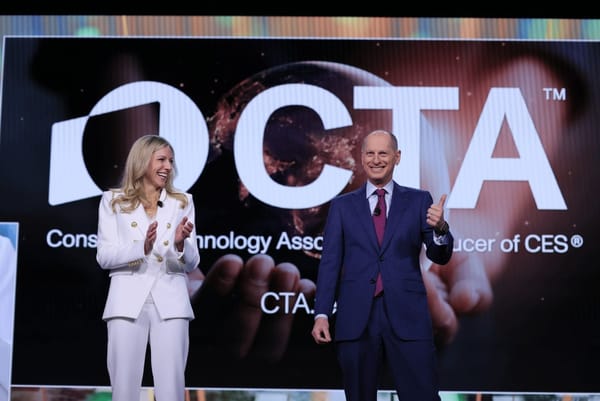
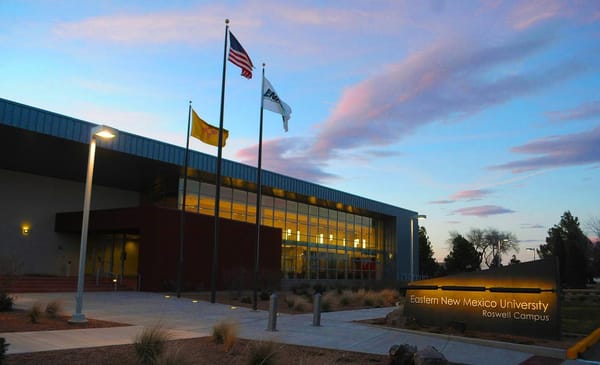

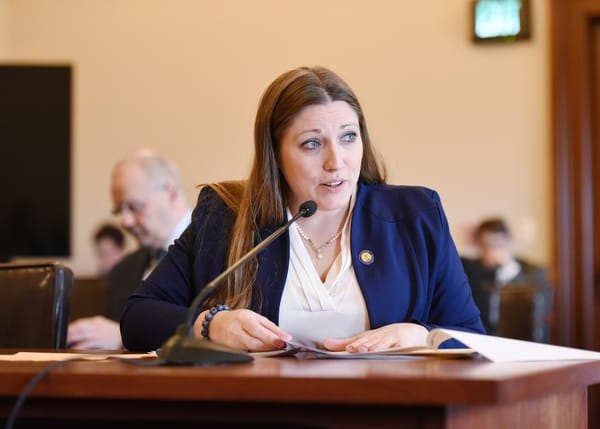
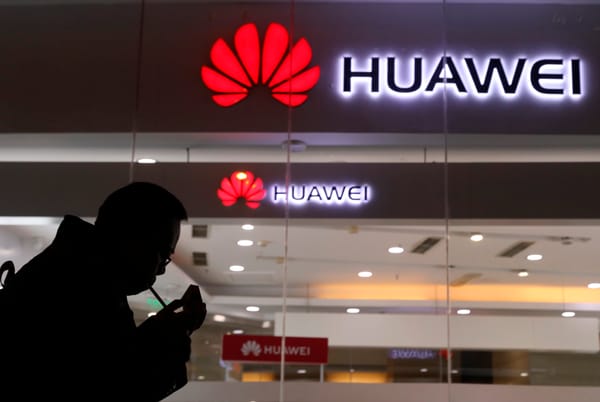


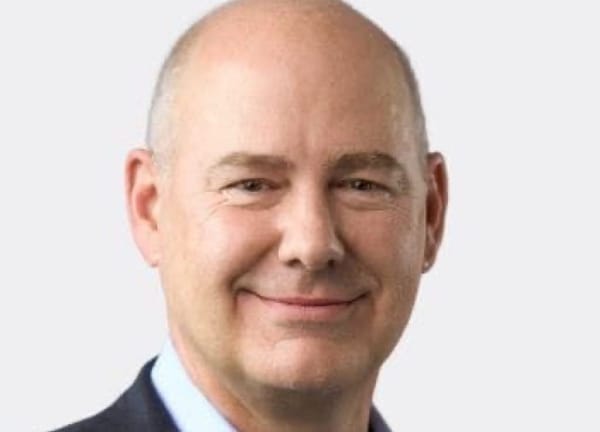
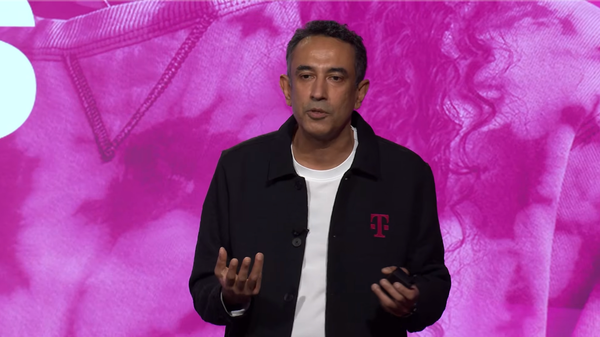
Member discussion